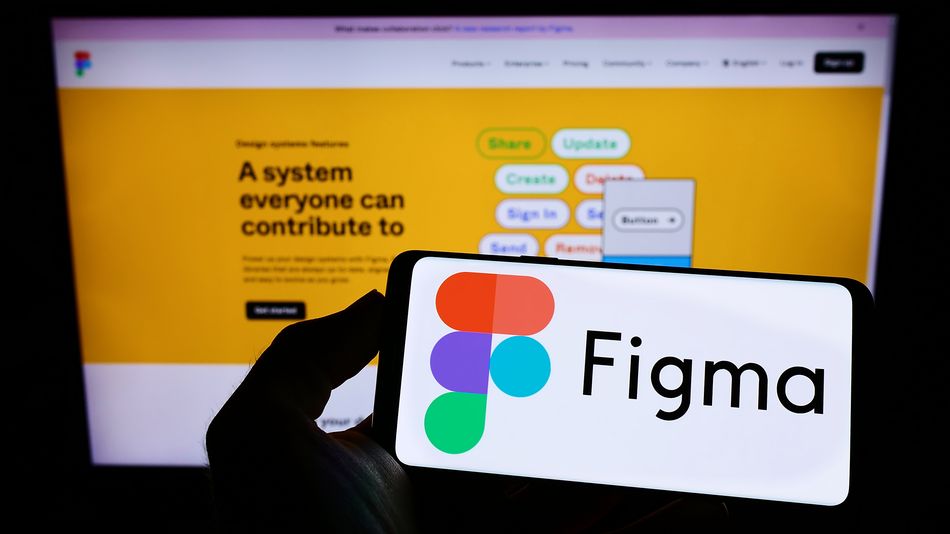Figma, the acclaimed cloud-based design software firm, is set to make waves in the tech world with its forthcoming initial public offering (IPO). Targeting a valuation between $13.65 billion and $16.4
Did You Know
At birth, a baby panda is smaller than a mouse.
?
AD
billion, the company is poised to capitalize on the resurgent interest in tech IPOs. As the market begins to recover from a prolonged slowdown, Figma’s IPO promises to bring fresh momentum to investors eager for new opportunities, showcasing both the company’s robust business model and the increasing demand for design software in diverse industries.
Co-founder Dylan Field stands to gain significantly from the IPO, with plans to cash out around $60 million. This populates a notable trend in the current IPO landscape, allowing existing shareholders, including major venture capital firms like Sequoia Capital and Greylock Partners, to sell more stock than the company itself will issue. Figma's strategy reflects a shift toward a more inclusive investment environment, where early backers can realize their gains while setting the stage for public investor participation.
The upcoming offering will feature more than 36 million shares, priced between $25 and $28 each, aiming to attract a broad spectrum of institutional and retail investors. Adding a contemporary twist, Figma is incorporating a bitcoin investment component into its IPO strategy, appealing to tech-savvy investors and underlining the company’s innovative spirit. As Figma prepares to unveil itself to the public, the excitement surrounding its IPO highlights the growing revival in the tech sector, encouraging optimism for similar companies contemplating their debut.
Q&A (Auto-generated by AI)
What factors drive tech IPO valuations?
Tech IPO valuations are influenced by several factors, including market demand, revenue growth, profitability, and investor sentiment. Companies like Figma, which is targeting valuations of $13.7 billion to $16.4 billion, often showcase strong growth potential and a solid business model. Market conditions, such as the resurgence of tech listings, also play a crucial role, as seen in the current trend of increasing IPO activity, which boosts investor confidence.
How does Figma's valuation compare to peers?
Figma's valuation, aiming for between $13.7 billion and $16.4 billion, positions it competitively among peers in the design software market, such as Adobe and Sketch. These companies typically have established market presences and extensive user bases. Figma's cloud-based model and collaborative features set it apart, attracting significant venture capital interest, which can enhance its valuation compared to traditional software firms.
What is the significance of a fully-diluted valuation?
A fully-diluted valuation accounts for all potential shares that could be issued, including options, warrants, and convertible securities. This metric provides a more comprehensive view of a company's worth, reflecting the total ownership stakes if all options were exercised. For Figma, targeting a fully-diluted valuation of $16.4 billion indicates the company's growth potential and the expected dilution of shares post-IPO, which is important for investors assessing risk.
What trends are emerging in the tech IPO market?
The tech IPO market is experiencing a revival, characterized by increased activity and higher valuations. Companies are capitalizing on favorable market conditions, as seen with Figma's upcoming IPO. Trends include a focus on cloud-based solutions and software-as-a-service models, which attract investor interest. Additionally, the willingness of venture capitalists to sell shares alongside companies reflects confidence in the market's potential for growth.
How do venture capitalists influence IPO outcomes?
Venture capitalists (VCs) significantly influence IPO outcomes by providing funding, strategic guidance, and market credibility. Their involvement can enhance a company's profile and attract investor interest during an IPO. For Figma, backing from prominent VCs like Sequoia Capital can signal strong growth potential, encouraging more investors to participate in the offering. Additionally, VCs often sell shares during the IPO, which can impact stock performance post-listing.


















